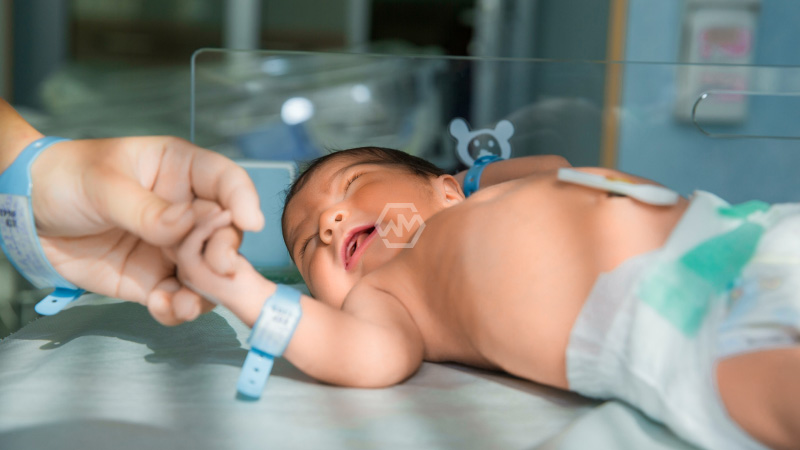Rare genetic diseases will be diagnosed and treated in infants by sequencing the complete DNA of 100,000 newborns.
It should save hundreds of families in England months, if not years, of agony waiting to find out why their children are sick. This project is the first time true genome sequencing (WGS) has been carried out for healthy children in the NHS.
It will diagnose about 200 diseases, all of which can be treated.
The newborn genome program, which will begin next year, is considered the largest study of its kind in the world. If successful, it could be rolled out across the country.
There are at least 7,000 monogenic diseases, most of which develop in childhood. Every year thousands of children in the UK are affected by a rare genetic condition, but families endure years of tests and uncertainty before they are diagnosed, as symptoms can develop slowly. By the time a diagnosis is made, preventive measures can be taken.
What is your genome?
- It is a model of how our body works, written in a chemical code called DNA.
- A segment of DNA is called a gene
- Each person’s genome contains many errors or mutations
Most bugs are harmless, but some can cause disease. Genomics England estimates that the project will identify hundreds of children with genetic disorders who would have been missed by newborn screening.



